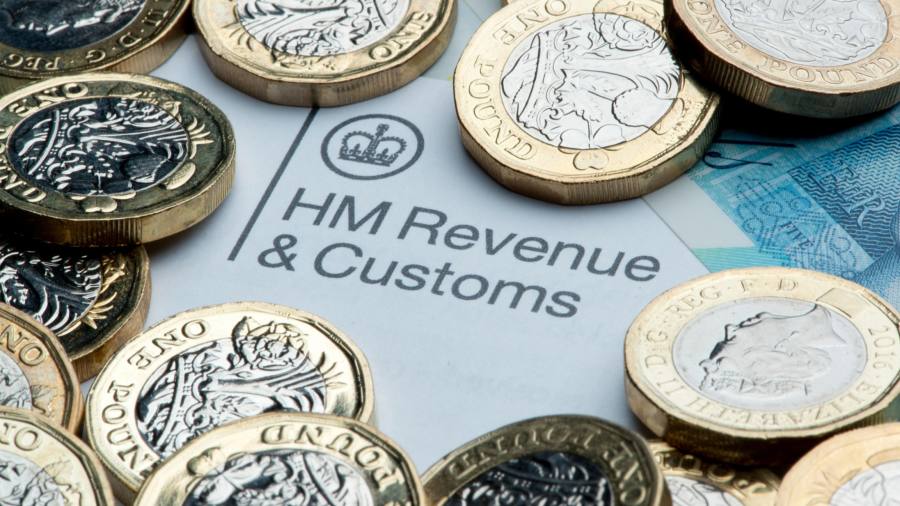
HM Revenue & Customs’s new platform for companies to register to pay value added tax has “caused havoc”, according to advisers, sparking wider concerns about the UK tax authority’s plans to overhaul its systems.
Since August, all tax agents registering businesses for VAT have had to use a new platform as part of the government’s “making tax digital” scheme. Its ultimate aim is to automate returns and payments for companies and households for all the main taxes.
But Ruth Corkin, technical chair of the VAT Practitioners Group, which brings together tax agents from across the country, said “the new system has caused havoc, to put it mildly” and that “the delays are horrendous”.
Previously registrations would normally clear within a few days, she added, but now waits of more than 12 weeks — exacerbated by the Covid-19 pandemic and businesses’ transition to the new system — were not uncommon.
Richard Wild, head of tax technical at the Chartered Institute of Taxation, said the new platform had been “introduced with limited testing by agents, little forewarning, and inadequate guidance”.
Companies with annual turnover exceeding £85,000 must register for VAT. The number of monthly VAT applications received by HMRC this year has ranged from 25,000 to 70,000. VAT is the first tax to fully transition to the making tax digital scheme, a process that started in 2019.
Professional bodies, including the Institute of Chartered Accountants in England and Wales, acknowledged that HMRC had fixed some of the system’s main initial problems. But they said others, such as the inability for overseas partnerships to apply online, had yet to be resolved.
For security reasons, confirmation of all VAT numbers, which used to be issued online, are now sent out by post, causing further delays.
“We have had so much contact about this,” said Caroline Miskin, senior technical manager of the ICAEW. “There is a real economic impact because potentially it delays people being able to trade.”
To sell goods into Britain, overseas groups require a VAT number. UK businesses can trade in the period between applying for and receiving a number, but Corkin said there was a “huge administrative burden” in that time, as companies prepared to send delayed invoices.
Corkin added that foreign sellers faced the worst delays, which HMRC attributed to checks and replies taking longer, and that “a lot of online traders I know have said ‘We’re just not going to trade in the UK’”.
Trade bodies urged the agency to strengthen testing ahead of the transition of income tax to the making tax digital scheme. That will be a more ambitious project, transforming the filing process for 4.3mn taxpayers, including landlords and the self-employed.
Emma Rawson, technical officer at the Association of Taxation Technicians, said HMRC should ensure “they do not launch any new IT services until they are confident they are fit for purpose and have been robustly tested”.
According to the authority’s service dashboard, VAT registration has recently been operating a “normal service”, aiming to respond to applications within 40 working days. The service level agreement was recently increased from 30 working days.
But Abigail McGregor, legal director at law firm Pinsent Masons, said registrations had “extended waits of at least 3-4 months”.
HMRC said: “We continue to deal with most VAT registrations within our usual 40 days, however we have seen more applications requiring additional checks.”
It added that it was “dedicating extra resource” to registrations via the new system, which had been “developed with tax agents and . . . the wider agent community since launch”.